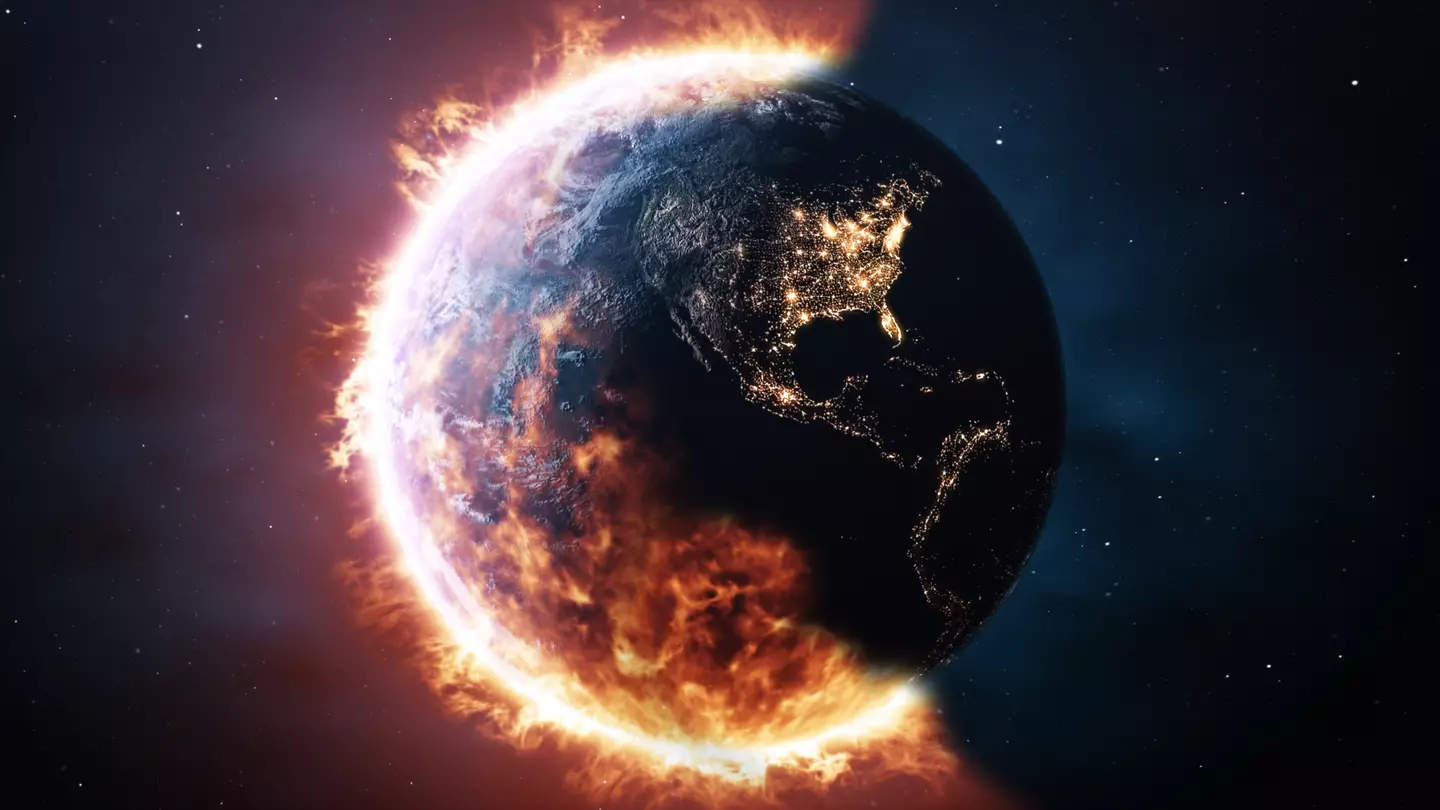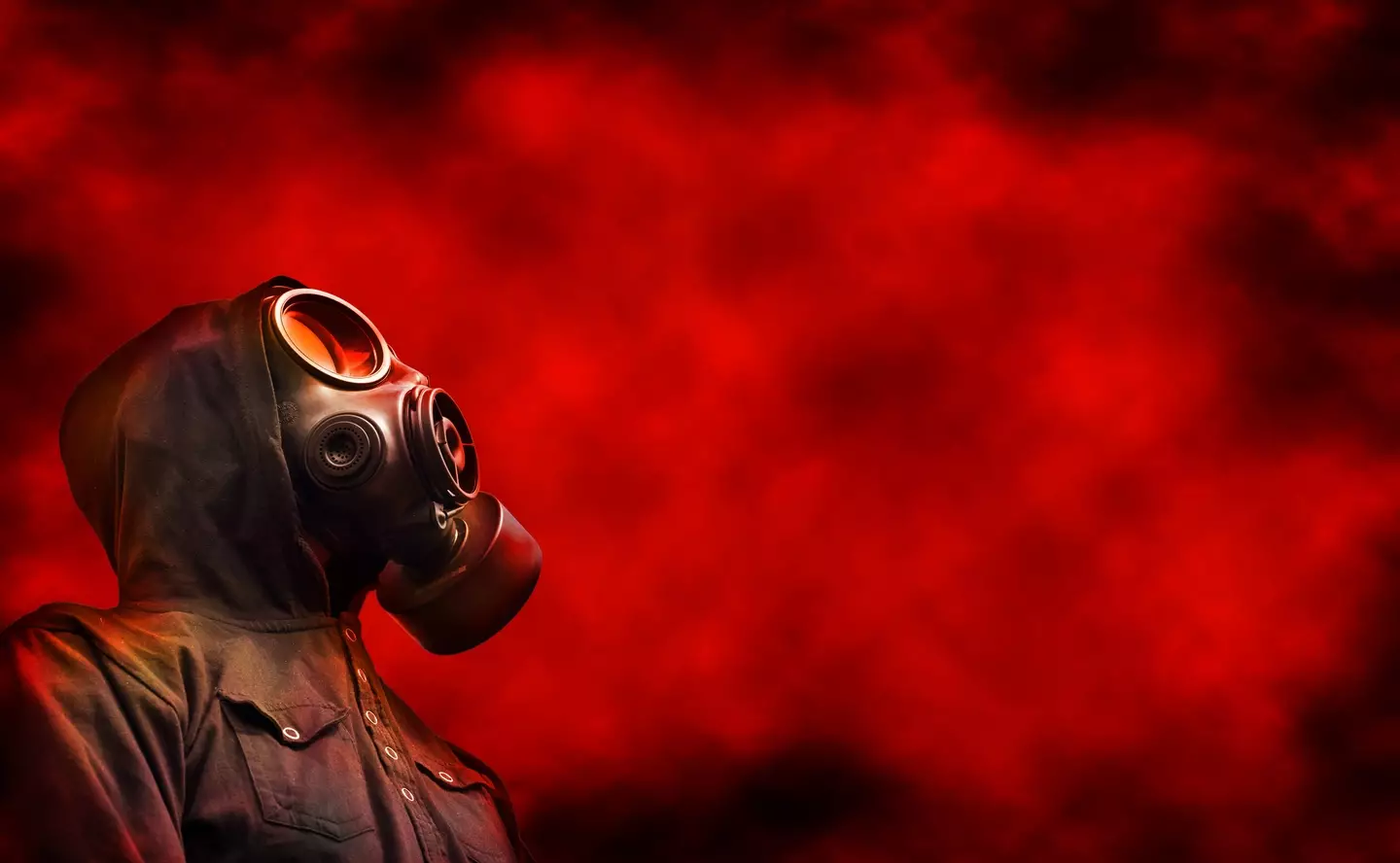
Theories and ideas about when the world will end have been flying around since the beginning of time, but just how likely is a mass-extinction event on Earth?
Well, according to expert Anthony Finchum, there are a number of things that could wipe the human race out.
If you haven't seen films like 2012 or San Andreas, you may not have given a catastrophic global event much thought.
Don't worry though, that's all about to change.
Advert
Finchum has a podcast called Disastrous History, where the Nebraska-native speaks about the likelihood of natural disasters, and how to prepare for them effectively.
The American content creator, 31, has knowledge from his career as a first responder and fire investigator, having been involved with rescues during hurricanes, tornadoes and fires.

How likely is an apocalyptic event?
While these events can happen in isolation across different regions in the world, Finchum spoke about the likelihood of that ending all life.
"So this is a difficult question to answer. In practice, there are very few ways that an actual apocalyptic level event could happen," he said to the Daily Mail.
Essentially, it would rely on a lot of factors to reach the dreaded apocalyptic level.
Finchum pointed out: "Something like a giant hurricane or a giant wildfire or something along those lines is impossible.
"There are upper limits on the strength of just about every disaster based on what the earth's atmosphere can handle weather wise and things of that nature."
What could the apocalyptic-level event be?
"The primary (events where the world could end) are pandemic, asteroid impact, a large volcanic eruption, and unregulated climate change," he explained.
For it to be thought of as apocalyptic though, he reiterated that 'there's a vanishingly small chance' of this happening.
While going through these disasters 'are bad', Finchum aims to educate people on the fact that they are survivable.
"I have found that breaking these things down into small and manageable pieces makes them seem less scary as they are happening and give people a way to react properly in a stressful situation," he said.

How to stay safe during natural disasters
Speaking to the publication about surviving tornadoes, hurricanes, earthquakes and fires, he provided some useful tips.
For tornadoes, he advised people to head to the basement, or making a bunker in the 'most centre section of your home', with barriers being key in these situations.
A light, portable charger, first aid kit, and tough shoes are key to have.
When it comes to hurricanes, Finchum warned against storm surge and flooding, adding that you should run away from beaches, though it helps that the warning time for these is 'so long'.
Getting to a room without windows is key, though if flooding can't be helped then get to the highest floor possible, without going to the attic, as you could be trapped.
The expert says to use furniture as shelter if an earthquake hits, with protecting your head and neck being the priorities.
With wildfires, the podcaster simply said to 'get out', and attempt to leave the building or area in which the fire is.
"Smoke will build along the ceiling first with relatively clean air down low which will allow for quick and safe escape," he said about building fires, while advising people 'to go' if they have evacuation orders when it comes to wildfires.
Topics: Community, Weird, Global Warming